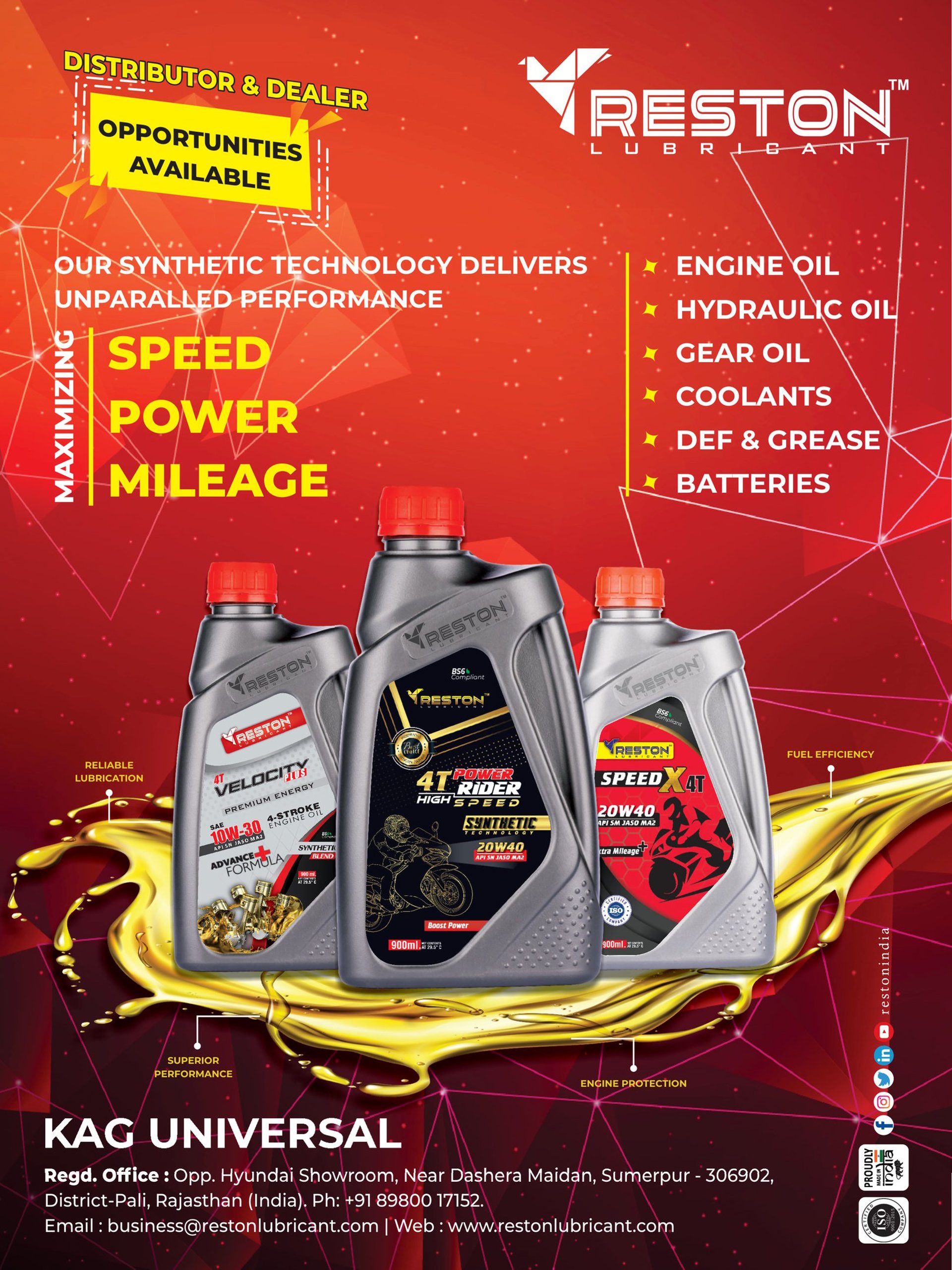Reston Lubricant research and development initiative aims to explore and innovate in the field of lubricants for the automotive industry. The primary objective is to develop cutting-edge lubricants that enhance vehicle performance, prolong engine life, and minimize environmental impact. This paper outlines the key areas of focus, research methodologies, and expected outcomes of the project.
- +91 84 888 99 000
- Pali Road Opposite Hyundia Showroom , Near Dashera Maidan Sumerpur
- Mon - Sat (9am - 10pm)


